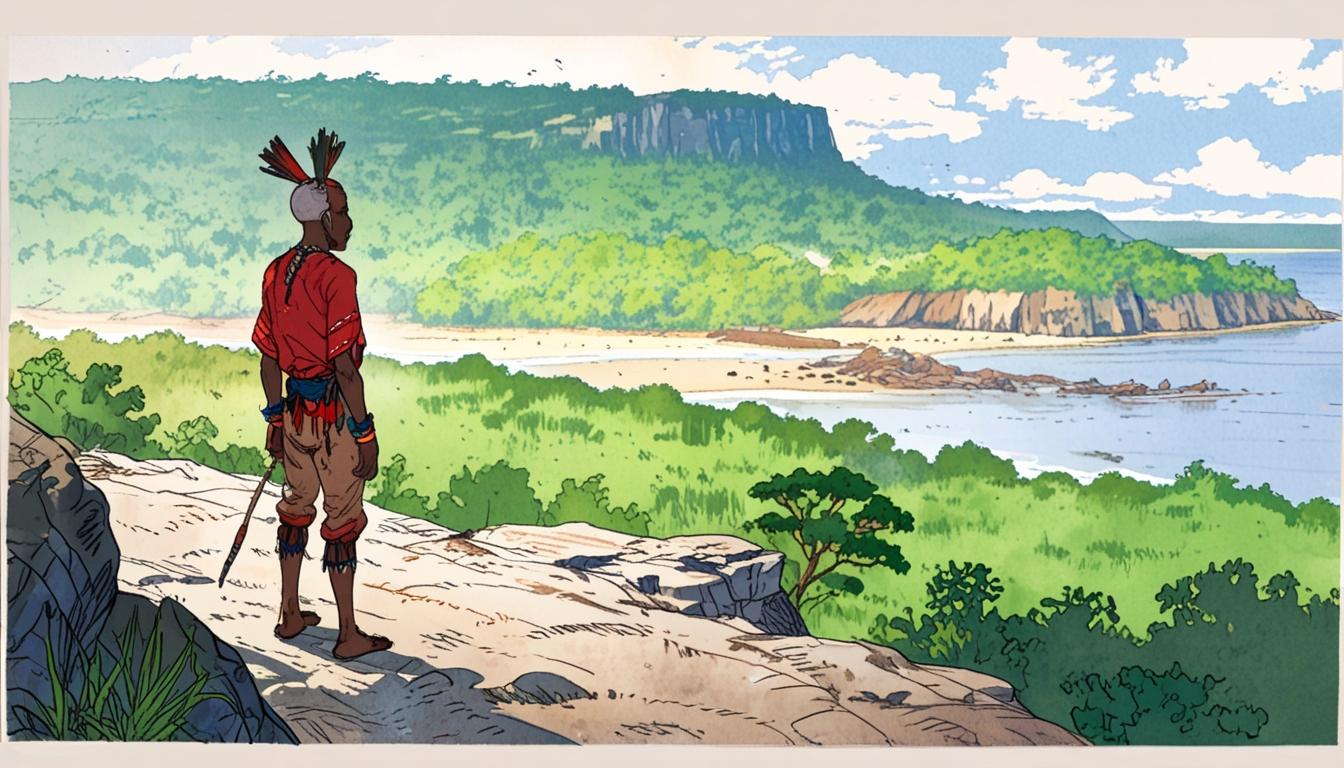A significant shift in the narrative surrounding conservation efforts in the Republic of the Congo has emerged following the admission of human rights abuses by rangers associated with African Parks, a charity linked to Prince Harry. The report, which surfaced after allegations made in the Mail on Sunday, reveals a troubling timeline of abuse, including torture, forced displacement, and sexual violence against the Indigenous Baka people living near the Odzala-Kokoua National Park.
The charity's acknowledgment came after an internal investigation, which pointed to systematic misconduct by eco-guards funded and managed by African Parks. The revelation is alarming, especially given that this organisation, which has been involved in various conservation efforts across Africa, is under Prince Harry's directorship. While the investigation is still ongoing, African Parks has maintained that no evidence suggests the Duke of Sussex had prior knowledge of these abuses during his tenure as president or subsequently as a board member.
The inquiries into these practices trace back as far as 2013, illustrating a long-standing issue within the realm of conservation that has often been overshadowed by the imperative of environmental protection. Critics of African Parks, including representatives from Survival International, have pointed out that the atmosphere of violence perpetuated by park rangers is not an isolated incident but rather a reflection of a larger pattern in conservation movements that often neglect the rights and needs of local communities. Fiore Longo, head of Survival International’s conservation campaign, articulated this perspective when she explained that increased violence against local populations began particularly after 2010 when African Parks intensified its management practices.
The implications of these allegations are profound, raising questions about the ethical foundations of park management practices that prioritise biodiversity over the rights of Indigenous peoples. Many locals who have historically relied on these lands for sustenance now find themselves restricted and, in some cases, violently oppressed for seeking access to what has long been their home. According to accounts from individuals in affected communities, the situation has deteriorated significantly since the establishment of the national park, with reports of physical abuse and sexual violence becoming alarmingly commonplace.
African Parks has stated that it operates under a 'zero-tolerance' policy regarding any form of abuse and claims to be committed to the rights of local populations. However, the ongoing investigation and the call for greater transparency reflect scepticism from advocacy groups. The charity asserts that it has made several attempts to engage with Survival International to gather further evidence but has expressed frustration over their lack of cooperation.
The controversy surrounding African Parks prompts a re-evaluation of conservation strategies, particularly how they intersect with human rights. As conservation organisations like African Parks seek to expand their influence—ambitiously aiming to manage 30 parks—stakeholders and the public alike are pressed to consider the cost of these endeavours on local communities. Critics argue that the 'fortress conservation' model—which often involves the militarisation of parks and the displacement of Indigenous people—must be scrutinised and reformed to prevent further abuses.
With calls for Prince Harry to distance himself from an organisation implicated in such grave allegations, the dialogue around ethical conservation continues to unfold. The resolution of these issues will require not just internal reform within African Parks but also a broader cultural shift in how conservation is practiced globally. As the scrutiny intensifies, the urgent need for a more inclusive approach to conservation—one that respects the rights of Indigenous populations and seeks their involvement—has never been clearer.
Reference Map
Source: Noah Wire Services
